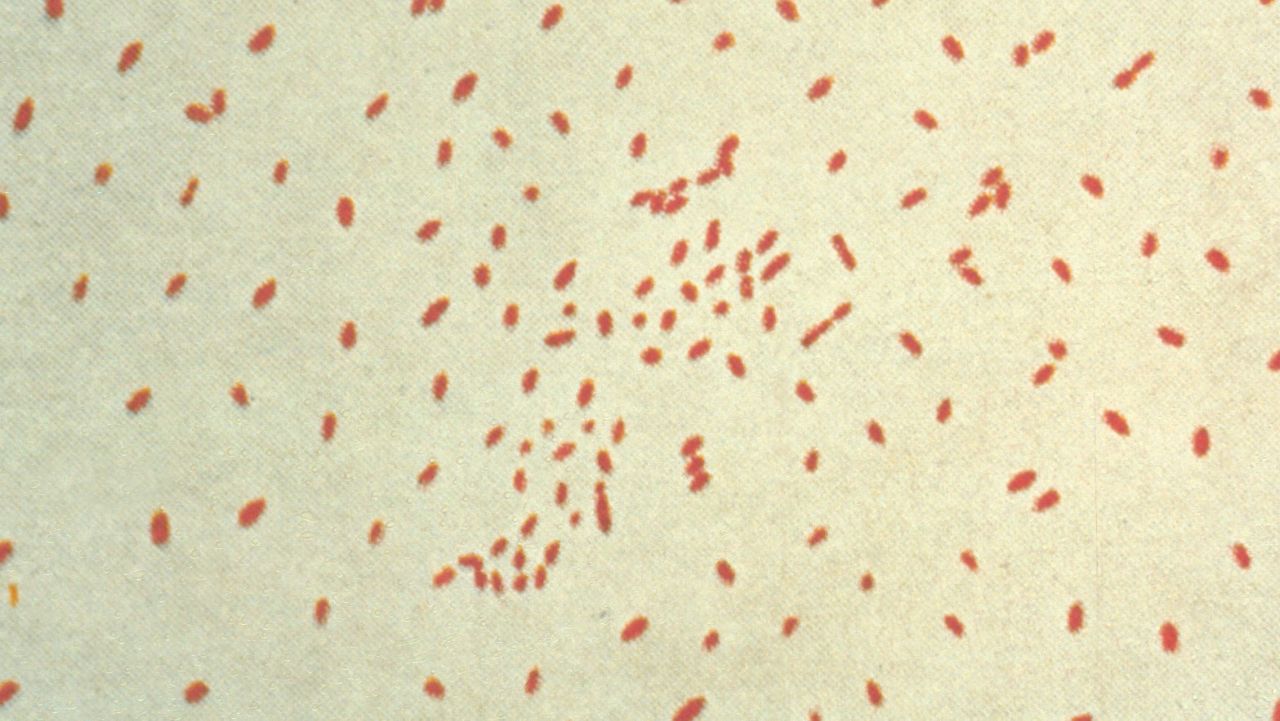Five members of the same household have contracted pertussis, commonly known as whooping cough, the state Department of Health confirmed on Wednesday.
According to DOH, the family, which was unvaccinated, had traveled from the continental United States and stayed at a hotel on Oahu. One of the family members, identified only as a child, was hospitalized.
The department is coordinating with the Centers for Disease Control and Prevention and other states to notify travelers who were exposed. The DOH investigation has identified no close contacts after the family’s arrival in Hawaii.
Pertussis is a highly contagious respiratory infection caused by bacteria. It can cause severe coughing fits that persist for 10 weeks or more. It draws its popular name from the “whoop” sound produced when breathing in.
While not typically fatal, pertussis can lead to serious complications, especially in infants, including pneumonia, dehydration, seizures, and brain damage. Infants may not cough at all but instead develop apnea (life-threatening pauses in breathing) or struggle to breathe.
According to DOH, there have been 89 confirmed and probable cases of pertussis in Hawaii over the last five years. Twenty-eight cases were linked to three separate outbreaks. Prior to the most recent cluster, the last reported case of pertussis in the state was in March 2023.
Both the CDC and DOH advise that the best way to protect against the disease is to stay up to date with recommended pertussis vaccines
Children younger than 7 years old get DTaP, while older children, teens, and adults get Tdap. Women should get a Tdap vaccine during the third trimester of each pregnancy to help protect their baby early in life.
Anyone experiencing symptoms like runny nose, fever, violent and rapid coughing or who are struggling to breathe or turning blue or purple are advised to see a doctor as soon as possible.
Those who contract the disease can spread the bacteria to others as soon as the first symptoms appear and for at least two weeks after coughing begins. Anyone who gets pertussis should take antibiotics as prescribed and avoid contact with others.
The CDC recommends practicing good hygiene to prevent the spread of the bacteria that cause whooping cough and other respiratory illnesses. Among its recommendations:
Cover your mouth and nose with a tissue when you cough or sneeze.
Throw away used tissues in a waste basket right away.
Cough or sneeze into your upper sleeve or elbow if you don’t have a tissue. Never cough into your hands because they can spread germs to others.
Wash your hands often with soap and water for at least 20 seconds.
Use an alcohol-based hand sanitizer if soap and water are not available.








